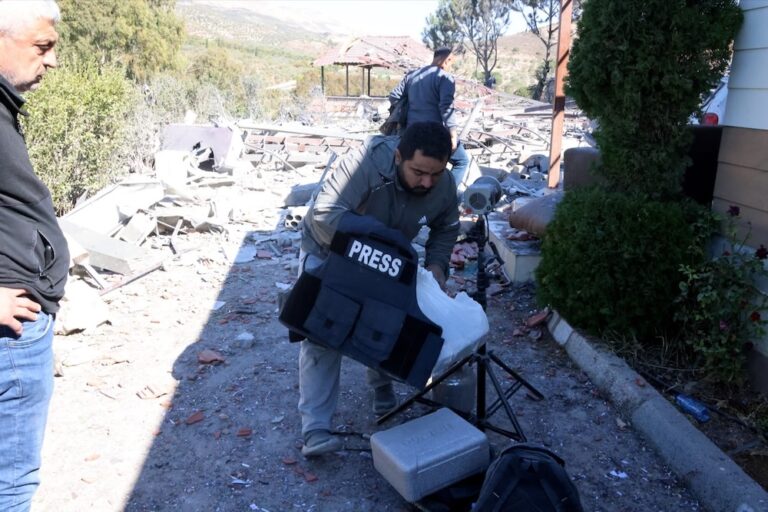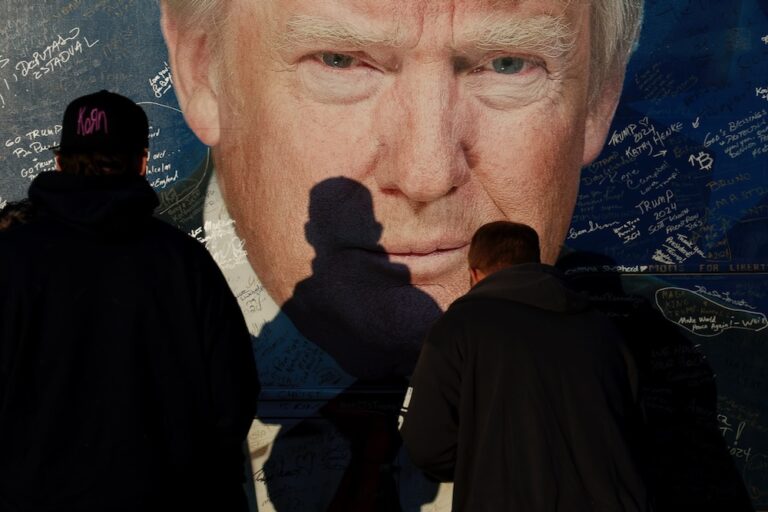Reporters Without Borders has just released "Journalism in Hell," an article by Mumia Abu-Jamal written from his prison cell on death row, where he has been incarcerated since 1982.
(RSF/IFEX) – Reporters Without Borders has just released “Journalism in Hell,” an article by Mumia Abu-Jamal written from his prison cell on death row, where he has been incarcerated since 1982. At the time of his arrest, he was known as the “Voice of the voiceless” for speaking out as a reporter against governmental abuses and corruption.
In this eyewitness account written on May 23, 2009, at this organization’s request, the journalist describes what has been happening to him and how he has managed to pursue his profession since his arrest. He notably relates how he had to plead his case on the grounds that his activity was protected by the U.S. Constitution’s First Amendment in order to obtain the right which he had previously been denied.
“Although Mumia Abu-Jamal was not arrested and sentenced to death in his professional capacity, it is certainly likely that his status as an activist and committed journalist was a driving force. Mumia Abu-Jamal’s fate hinges on human rights, of which the death penalty already constitutes a violation. We will be giving Mumia Abu-Jamal an opportunity to relate his experience in his own words,” stated Reporters Without Borders.
As a former Black Panther militant who worked as a radio reporter in the 1970s, Mumia Abu-Jamal, now 55, was sentenced to death for killing a police officer, Daniel Faulkner, on December 9, 1981, in Philadelphia. A number of procedural irregularities were noted during his trial – so many, in fact, that they have raised serious doubts as to his guilt.
Mumia Abu-Jamal’s death sentence was reversed with an order for a new jury trial on the question of life and death on March 27, 2008 by a Pennsylvania federal court of appeals. However the State of Pennsylvania appealed immediately to the Supreme Court in Washington DC on that issue, so the reversal never took effect. Reporters Without Borders had denounced, at the time, the “dogged determination of authorities” to persecute Mumia Abu-Jamal.
In October 2008 and in April 2009, the Supreme Court rejected two appeals filed by the journalist’s defense lawyer, Robert R. Bryan, requesting that a new trial be granted. The first one dealt with the sworn statements from witnesses, pressured by the police and the prosecutor, in order to obtain a conviction and a death judgment against Mumia Abu-Jamal during the 1982 trial. The second concerned racism in jury selection. The prosecution removed black people from sitting on the jury because of their color.
RECOMMENDED ACTION:
If you have questions, or would like to make a tax-deductible donation to the Mumia Abu-Jamal legal defense fund, please contact:
Law Offices of Robert R. Bryan
2088 Union Street, Suite 4
San Francisco, CA 94123-4117
E-mail: RobertRBryan@aol.com
http://www.mumialegal.org/


